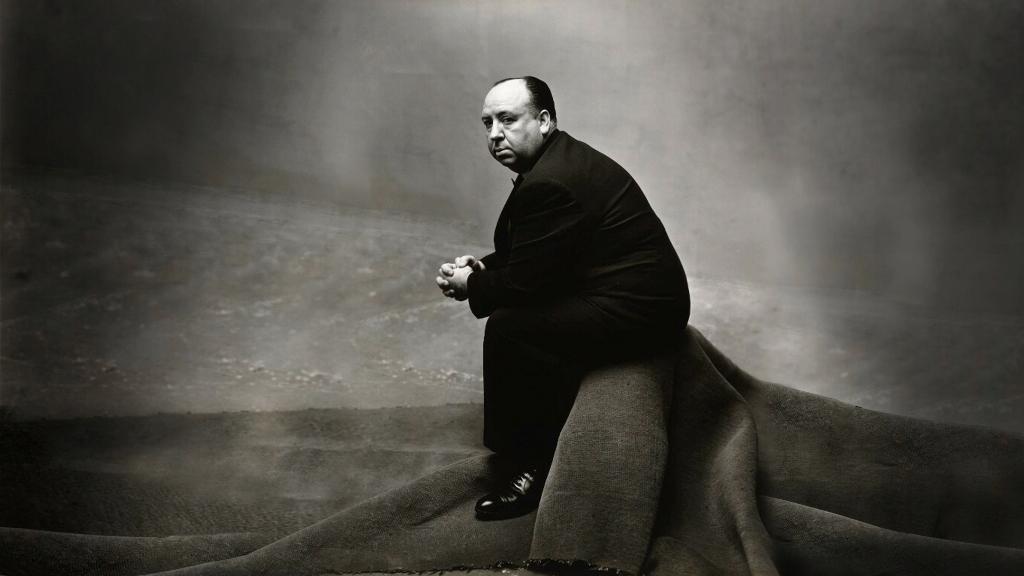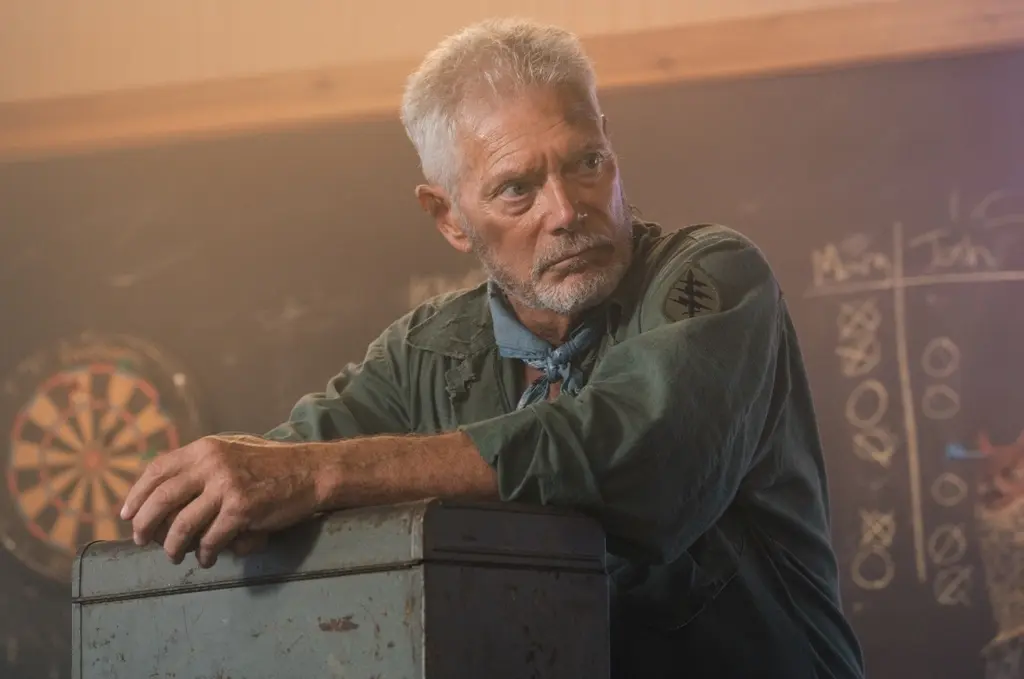NR | 2h | Documentary, Biography, Film History | 2024
Since 2009, Northern Irish filmmaker Mark Cousins has directed more than 20 movies, and each and every one of them is well worth your time. Most of these films are documentaries and eight of them focus, to one degree or another, on movie history.






